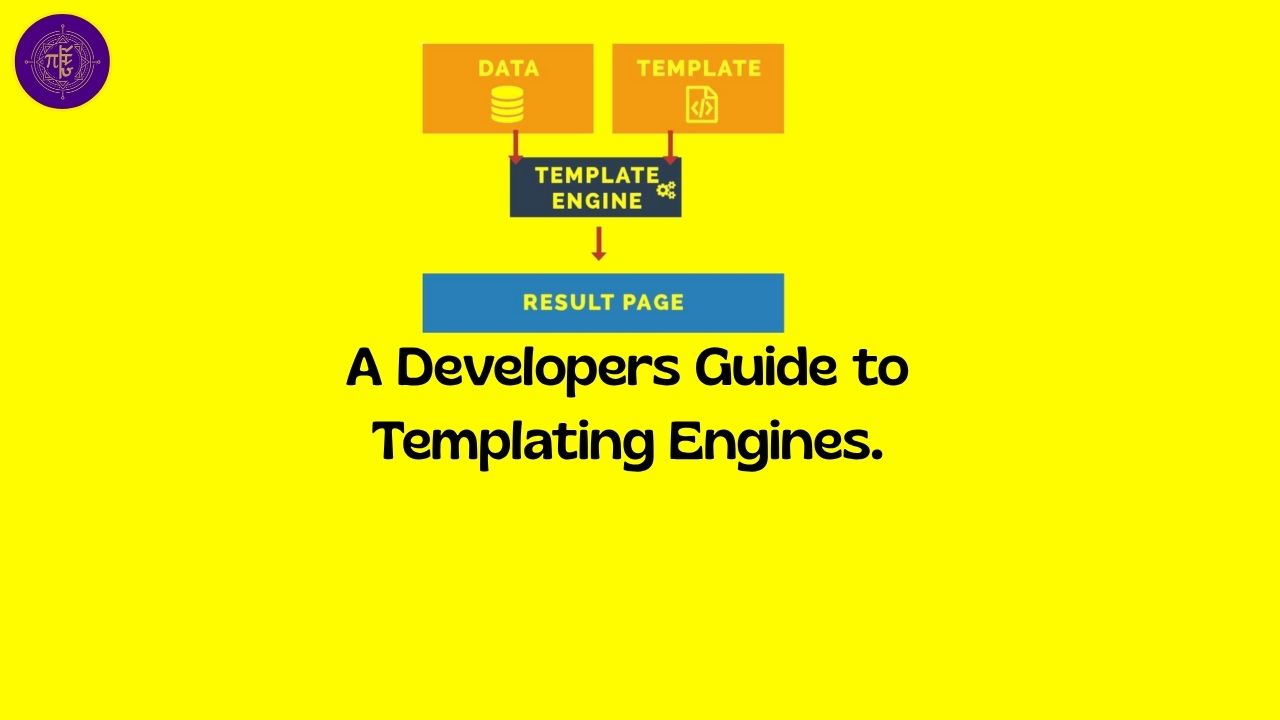
A Developer’s Guide to Templating Engines#
What is a Templating Engine?#
A templating engine is a system used to generate dynamic HTML pages by combining a template with data. It’s used in static site generators (SSGs), web frameworks, and CMSs.
Templating engines can be confusing, especially when switching between site generators like Jekyll (Liquid) and Hugo (Go templates).
🔍 Common Templating Engines (and who uses them)#
| Templating Engine | Syntax Example | Used By | Language |
|---|---|---|---|
| Liquid | {\{ variable }\} / {\% raw %}{\% if %}{\% endraw %} | Jekyll, Shopify | Ruby |
| Go Templates | {\{ .Variable }\} / {\% raw %}{\{ if . }\} {\% endraw %} | Hugo | Go |
| Handlebars | {\{variable}\} / {\{#if}\} | Ember.js, Ghost, many JS tools | JavaScript |
| EJS | <%= variable %> / <% if (...) { %> | Express.js (Node) | JavaScript |
| Mustache | {\{variable}\} | Many static generators | Language-agnostic |
| Twig | {\{ variable }\} / {\% raw %}{\% if %}{\% endraw %} | Symfony (PHP), Grav CMS | PHP |
| Jinja2 | {\{ variable }\} / {\% raw %}{\% if %} {\% endraw %} | Flask (Python) | Python |
| Nunjucks | {\{ variable }\} / {\% raw %}{\% if %} {\% endraw %} | Eleventy (JS SSG) | JavaScript |
💡 Key Differences Between Hugo (Go Templates) and Jekyll (Liquid)#
| Feature | Jekyll (Liquid) | Hugo (Go Templates) |
|---|---|---|
| Tag syntax | {\{ variable }\} / {\% ... %} | {\{ .Variable }\} / {\{ if ... }\} |
| Loops | {\% for item in list %} | {\{ range .List }\} |
| Conditions | {\% if condition %} | {\{ if .Condition }\} |
| Partial templates | {\% include 'file.html' %} | {\{ partial "file.html" . }\} |
| Data scope | Intuitive (like Ruby) | Very strict (. = current context) |
| Error messages | Friendly-ish | Sometimes cryptic |
| Extensibility | Easy with plugins | Very fast, limited customization |
| Performance | Slower for big sites | Blazing fast |
🧠 Why It Feels Confusing#
{\{ ... }\}is common across many engines but means different things.- In Liquid,
{\{ }\}is for output;{\% \%}is for logic. - In Hugo, everything is in
{\{ }\}and the dot (.) matters a lot (.Title,.Params, etc.). - Hugo doesn’t use
{\% raw \%-}— that’s Liquid-only. (remove -) - Each engine has its quirks and idioms — no true standard.
🧰 When to Use What?#
| Use Case | Recommended Engine |
|---|---|
| Simple blog, Markdown-focused | Jekyll (Liquid) or Hugo |
| Fast builds with complex structure | Hugo (Go Templates) |
| Tight integration with JS frameworks | Nunjucks, Handlebars |
| Backend web frameworks | Jinja2 (Flask), Twig (Symfony), EJS (Express) |
| Cross-language portability | Mustache |
🔄 Migrating Tips#
When moving between engines (e.g., Jekyll → Hugo):
- Strip all
{\% raw %},{\% endraw %} - Replace
{\% include %}with{\{ partial }\} - Replace
{\% for post in site.posts %}with{\{ range .Site.RegularPages }\}or similar - Be very careful with
.,.Params, and context in Hugo


Comments: